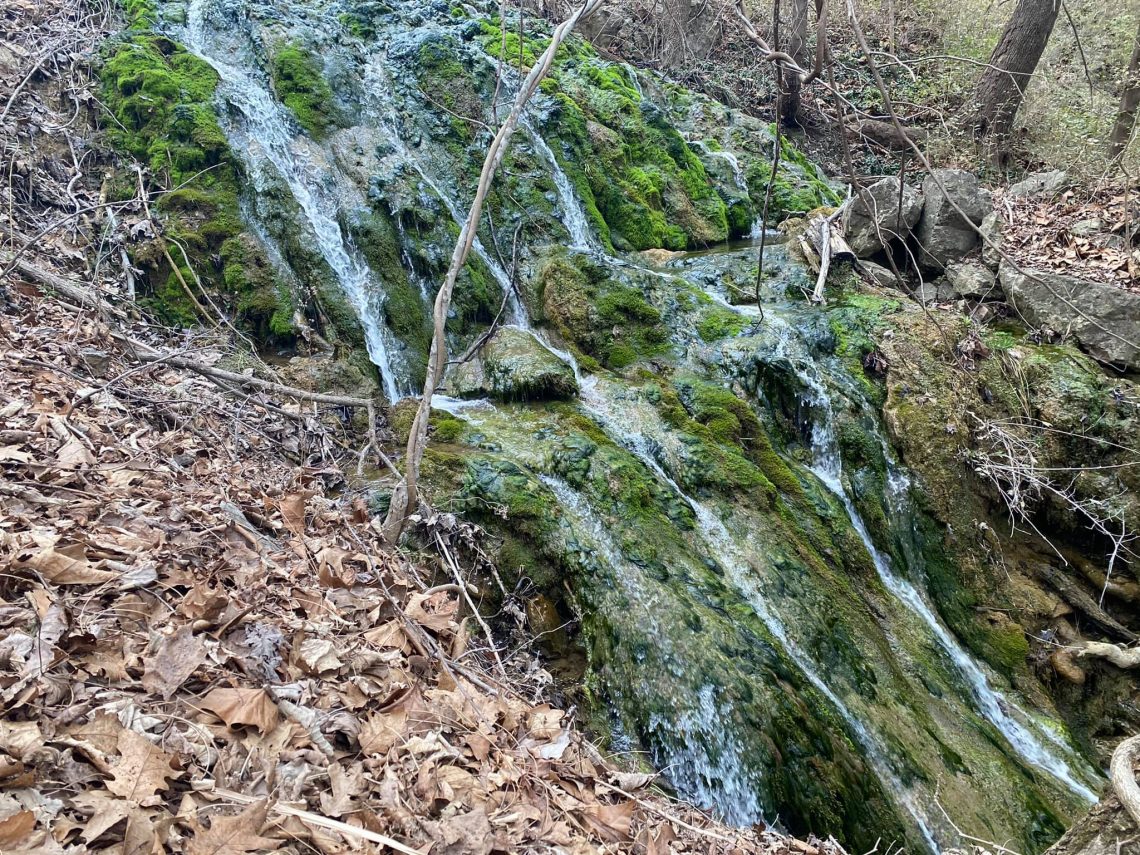
Those Jumping In & Going Upstream
With such an enormously busy week, saying goodbye to students, cleaning up a quarantined room, and wrapping up grades, I must confess that the events in Minnesota and its raging aftermath came in waves of unintentional negligence, the part of every human being that says, in the midst of busy times, “listen, I just don’t have time to process this yet.” But over the last 24 hours, I’ve read and pondered the issue at greater length and wanted to offer this, for those who wonder, both publicly and privately, what they can do to help, whether they be white, black, or any random shade of American disgusted by not just this incident or its aftermath, but the many, many, many incidents and aftermaths like it that have become a broken record of rage and excuses at war with each other.
Somewhere in the catalog of similar tragedies, I was walking with my wife last December and we talked about instincts, whether we would run to save someone who had a weapon pointed at them or run away, as a means of self-preservation. And we conceded that people fall into varying degrees of response. Like those who lived across the street and across town from the concentration camps of Poland and Germany, most people have a default that says “it’s none of my business” or “it’s not my problem.” And I get that. It drives me up the wall, most certainly, but I get it. Most of us can easily talk ourselves into the belief that there’s already too much on our plate to give our attention to the needs of someone else we don’t already know. And in all honesty, how can every human being possibly keep up with and care about every single major issue concerning the world and the risks to human life? Most of us just try to do our best with the sphere of influence we have.
But my wife and I also conceded there were some, of the more heroic and idyllic instincts, who would run to save someone with a weapon pointed at them, heroes who rarely ever show up outside the movies, but who do exist, even if those instincts are never given a chance to be put on display. The heroes of the world are in fewer supply than the ones who stay reticent, or the ones who scream in the aftermath of a tragedy. And even the latter group can only scream for so long, before they have to get back to their families and their jobs and their own lives.
So this morning, I came across a parable that made absolute sense in these pressing times, and I hope you’ll see the parallel. A man walks along the edge of a river and sees children screaming out in the water, so he runs in to save one, then another, then another. A second man is seen walking along the edge while the first man is trying to save yet another child. The first man yells at the second man to jump in and help, to no avail, the second man keeps walking, now running, it seems away from the scene. The first man then yells that the second man is a coward, until the second man stops, turns around, and says, “I’m not going to jump in the water with you. I’m going upstream to find out why these kids are in the water in the first place. And that’s what I’m going to try and stop.”
You want to know how you can help bring an end to racial violence in this nation? Yes, you can speak out. Yes, you can teach your children to be tolerant and loving. Yes, you can be angry and confront those who make excuses for the inexcusable. But you can also run for public office. You can study, as exhaustively as you can, the issues as they impact the nation beyond Minnesota or Missouri or Florida. You can vote in elections for those who don’t just talk about preserving the life of a fetus, but for those who talk about preserving the life of all humankind in equal measure after the womb. You can become better informed and better equipped to make decisions at the ballot box not from a fickle feeling about who sounded better or more edgy or got the best zingers in a debate, but because you know, with all confidence, apart from some ridiculous allegiance to a party, that the person or the issue you’re voting for seeks to do or bring about the least harm at the greatest good for our society and our nation and our world.
Politics doesn’t have to be a dirty word, not if we’re striving, collectively, to solve issues beyond the moment.

